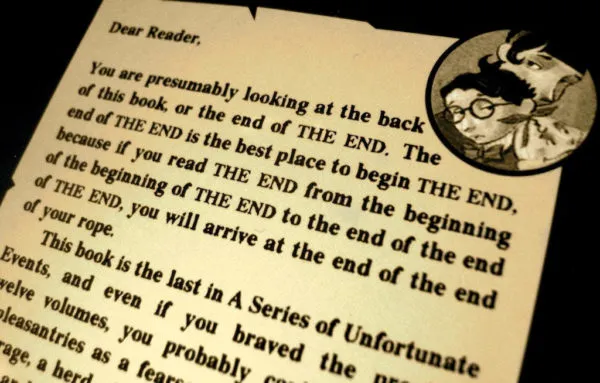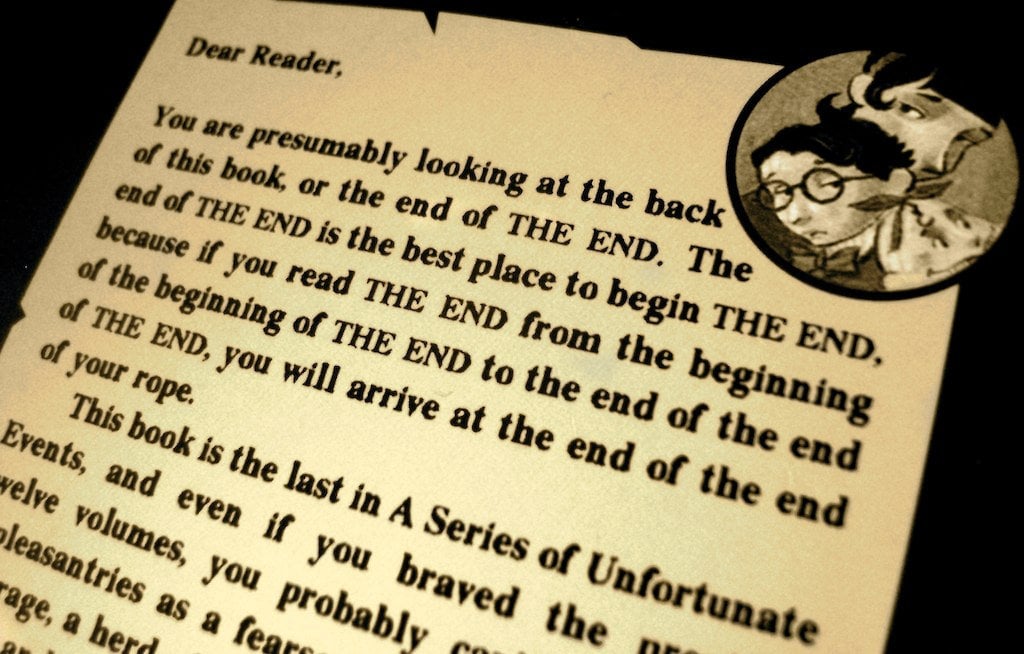
In this week’s Reads beat meeting, our conversation turned to childhood books. Not books that were written for children, but books that we read as tiny humans and that left a mildly lasting impact on our now-slightly-older neurons.
Ashley Huang, contributing writer (ashhuang ‘at’ stanford.edu)
I read William S. Burroughs’ “Naked Lunch” at the tail end of my childhood years in a misguided attempt to seem edgy. Indeed, Burroughs’ writing is so edgy, so tongue-in-cheek, that said tongue bored its way straight through cheek and left a gory, pulpy, plotless mess on the floor. Themes of drug use, queerness, masculinity and violence couple together to simultaneously explore, defy and reconstitute systems of control. Burroughs contrasts a society dominated by such systems with a criminal underground so degenerate that it approaches apocalypse – and with it, liberation. “Naked Lunch” is at once satirical and strangely prophetic, a new take on the picaresque novel as well as a spiritual precursor to the cyberpunk genre. I didn’t get any of these themes or literary lineages as a 13-year-old, of course. Instead, I spent the next few years of my life struggling against the many unhealthy ideas “Naked Lunch” made me internalize and planning to go to Peru to find ayahuasca. Don’t give this book to your child.
Ben Maldonado, staff writer (bmaldona ‘at’ stanford.edu)
Simple, short and supported by appropriate drawings – the poetry by Shel Silverstein is simply fun. Silverstein’s books, including “The Giving Tree,” “Where the Sidewalk Ends” and “Falling Up” can be funny, sad and encouraging – often times, all three. Writing poetry for children is a difficult task. Write too simply, and you insult their intelligence; write too complexly and didactically, and it’s going to be boring. Silverstein manages to find that perfect spot where child (and adult) readers can laugh at the silly rhymes and pictures while thinking seriously about important issues such as sharing, sacrifice, friendship and more. It’s a hard spot to find, and Silverstein locates it perfectly. Silverstein’s poetry and books are perfect examples of the children’s literature genre and the role children’s literature plays in supporting and encouraging readers.
Emma Heath, contributing writer (ebheath ‘at’ stanford.edu)
When I was in middle school, my mom came home one day to find me on the living room floor, totally bereft. The cause? Death. More specifically, the narrator of Markus Zusak’s “The Book Thief.” The book, which follows a young German girl named Liesel in a small town during World War II, has auspicious beginnings. Death tells us:
“A small fact:
You are going to die … Does this worry you?”
Except for fables and myths, I had rarely experienced a character who so explicitly embodied an abstract experience. I was enthralled by Death, and by the end, devastated.
What’s more, Death has language on his side. Zusak’s writing brings Death to life, and Death’s narration is enchanted – words aren’t spoken; they fall, tumble, are cut up like a pie and passed around. Liesel, too, becomes enamored with language. She lives in a house with her aunt and uncle who shelter a Jew, an older man named Max. Together, Liesel and Max paint on the walls of their basement, write stories together and read books that Liesel has carefully stolen. Words bind their friendship. But like Death, words come to everyone. As Liesel realizes the power of her own, she comes to despise the language of the Nazi regime that burns books and has forced Max into hiding, destroying so much language and life.
At the end of her novel, Liesel writes, “I have hated words and I have loved them, and I hope I have made them right.” We hear Liesel’s voice, but we also hear echoes of our familiar (perhaps even beloved) narrator, Death, and of the author himself.
The book was my first and last encounter with Death as a narrator, and the first of many encounters with what Hannah Arendt calls the “banality of evil.” As a kid reading this book, I didn’t have this language, but I remember feeling fearful for Max when he is forced to leave, and inconsolable at the sudden death of Liesel’s best friend, Rudy. For me, it marked the dawning of a well-known truth: War leaves no one – Jew, German, child, adult – unscathed.
The second time I read this book was five years later, on a road trip with my mom. We listened to the audiobook and, despite being prepared for Death, we made it only two-thirds of the way through the story before we had to pull over because neither of us could see through our tears.
Gracie Newman, contributing writer (sgnewman ‘at’ stanford.edu)
Lemony Snicket’s “A Series of Unfortunate Events” remains one of the literary relics of my childhood. A melancholic, mysterious male narrator? A cynical, mildly absurd narrative? It’s like Pynchon, but coherent. As I navigated the tormented maze of grade school, this series seemed to speak to some greater truth – namely that nothing would ever get better, so I might as well enjoy the ride. I took away other significant ideas, of course, like the importance of compassion and the extreme usefulness of libraries. More than anything, these books served as a charming introduction to true literature’s message: The world is out to get you, but with some wit and sheer luck (and a prodigal sharp-toothed infant), it might end up okay.
Shana Hadi, contributing writer (shanaeh ‘at’ stanford.edu)
When I was younger, I had a fascination with ancient myths and the cultures from which these forms of storytelling sprung, and Rick Riordan’s “Percy Jackson and the Olympians” series (a total of five books) delved into Greek mythology while keeping a modern-day setting in New York. Most important to me, Percy was a very endearing protagonist who relied more on clever schemes than on brawn and had a fatal flaw that wasn’t hubris or selfishness, but too much loyalty towards his friends (and while this sounds heartwarming, this flaw caused him significant trouble in the process of saving said friends, such as flying on a pegasus or fighting regenerative skeleton warriors). I still highly recommend this even for young adults, as Riordan utilizes the myths in unique ways to complicate Percy’s adventure and explore the turbulence of the adolescent mind.
